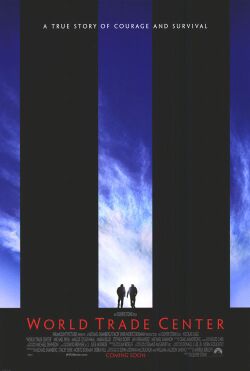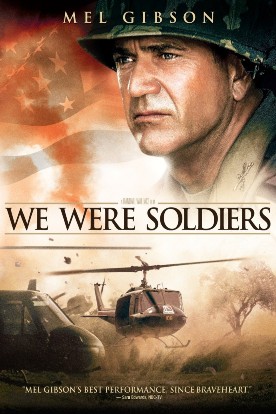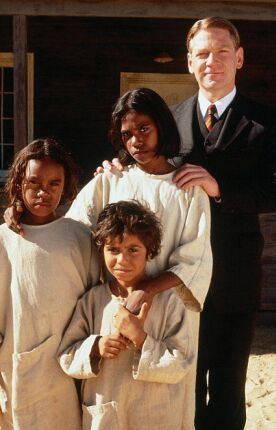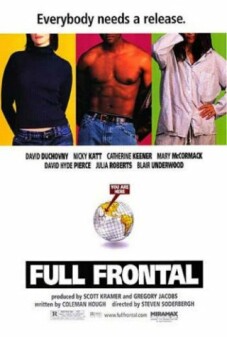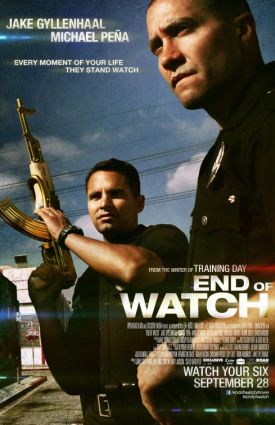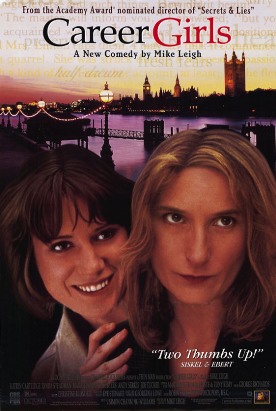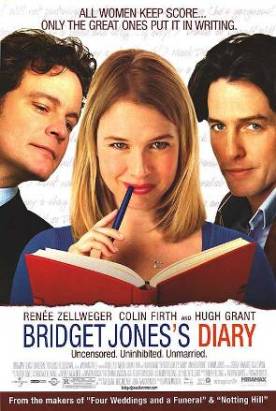World Trade Center
It’s always a challenge to a film-maker when everybody already knows the story he’s trying to tell. The plot automatically becomes a formality, and there’s no point trying to build suspense. Paul Greengrass’s United 93 got around this problem, to some extent, by substituting for suspense the almost unbearable pathos that lay in the contrast between what we knew was going to happen and what the passengers didn’t. Oliver Stone’s World Trade Center, shot from a screenplay by Andrea Berloff, adopts a similar approach but with less success — partly because his focus is on the true story of two of the very few happy endings on September 11th, 2001, and partly because the powerful emotions his film generates become excessive and intellectually fatiguing in the absence of any rational framework to contain them.
All credit to Mr Stone for resisting the temptation to supply some nutty left-wing, JFK-type conspiracy theory to explain things, but without one he seems all at sea and unable to touch on the political dimension of the tragedy at all. There’s just one moment when he does try to provide a bit of context. This is when Marine Sergeant Dave Karnes (Michael Shannon) says, “We’re going to need some good men out there to avenge this.” But there’s not a word about who did “this,” or why, or where “there” is — the place or places where we’re going to need some good men.
On the plus side, taking away the context adds to the emotional impact of the story. Mr Stone allows us to experience the events of that awful morning at the World Trade Center as the people on the ground would have experienced them at the time, without the benefit of television and other suppliers of instant context. When the first plane hits the north tower, we are in the day room of the Port Authority Police, from where can be heard just a faint boom in the distance. What was that? From there until the building collapses on top of the film’s heroes, PAPD Sergeant John McLoughlin (Nicholas Cage) and Officer Will Jimeno (Michael Peña), all is a flurry of rumor and misinformation. First it’s a private plane, then a commuter plane that “ran out of gas or something” and then, when the awful truth begins to dawn, the Port Authority Police on the way to the scene argue about the reliability of reports of a plane hitting the second tower. Someone says that the Pentagon has been “hit by a missile or something” and somebody else that Israel has been nuked.
“The whole freakin’ world is coming to an end today,” says one of the cops, more truly than he knows.
The movie even plays with those familiar TV images that make us think we understand more than we do about what we are, apparently, seeing. When it cuts from the cops trapped under the rubble to their anxious families, waiting for news, one of the family members looks exasperatedly at the television and says: “They keep showing the same thing over and over.” It’s a reminder that we can now hardly separate the events of 9/11 from our experience of them on TV. We can’t get those pictures of the burning and collapsing towers out of our heads, yet that’s what we have to do in order to feel again the impact that they had upon us. Not to mention the impact they had on those at the scene. I particularly liked the way in which, when Officer Jimeno is finally pulled out alive he looks up and said, “Hey! Where’d the buildings go?” Their absence is hard to fathom even when they have been lying on top of you.
His is one of four very strong central characters — the two cops and their wives — whose portrayal it would be hard to overpraise. Nicholas Cage has never looked less movie-starrish and his understated performance, much of it with nothing but his face, covered in dust and framed by rubble, is one of the film’s saving graces. Oliver Stone, unfortunately, doesn’t do understatement. Maria Bello as Mrs McLoughlin and Maggie Gyllenhaal as Mrs Jimeno are also great at showing us the oscillation between hope and despair, and the sympathy they evoke in others, and that is evoked in them by those who are less fortunate, helps to prevent their atypical experience as loved ones of the missing from striking us as a falsification of the day’s events.
Yet all four are remarkable for their passivity. None can do anything but suffer and wait. Mr Stone’s camera can’t resist the unhealthy urge to relish this suffering, mental and physical, more than is good for the film — and thus reinforce its already unfortunate tendency to make a terror attack look like an act of God. The people who actually do something — Sergeant Karnes, another Marine known only as Thomas (William Mapother) and the fireman (Stephen Dorff) and paramedic (Frank Whaley) responsible for getting the victims out — are shadowy figures whose calmly dutiful actions make little impact next to the emotional drama of the grandly suffering principals.
If it had made more of them and their actions and rather less of the sea of suffering in which they paddled the movie might have found something of the context that it lacks. Such people remind us that heroism is not just suffering but also duty and courage and resolution — and, yes, anger and defiance and violence against those who have committed violence against us. In the end someone says that on 9/11 we learned something about evil, of course, but also something about good — the good of “people taking care of each other.” This would have been a better movie if it had also had something to say about the good of those who are willing to take care of the monsters — and their sponsors and protectors — who did such things.
Discover more from James Bowman
Subscribe to get the latest posts to your email.

